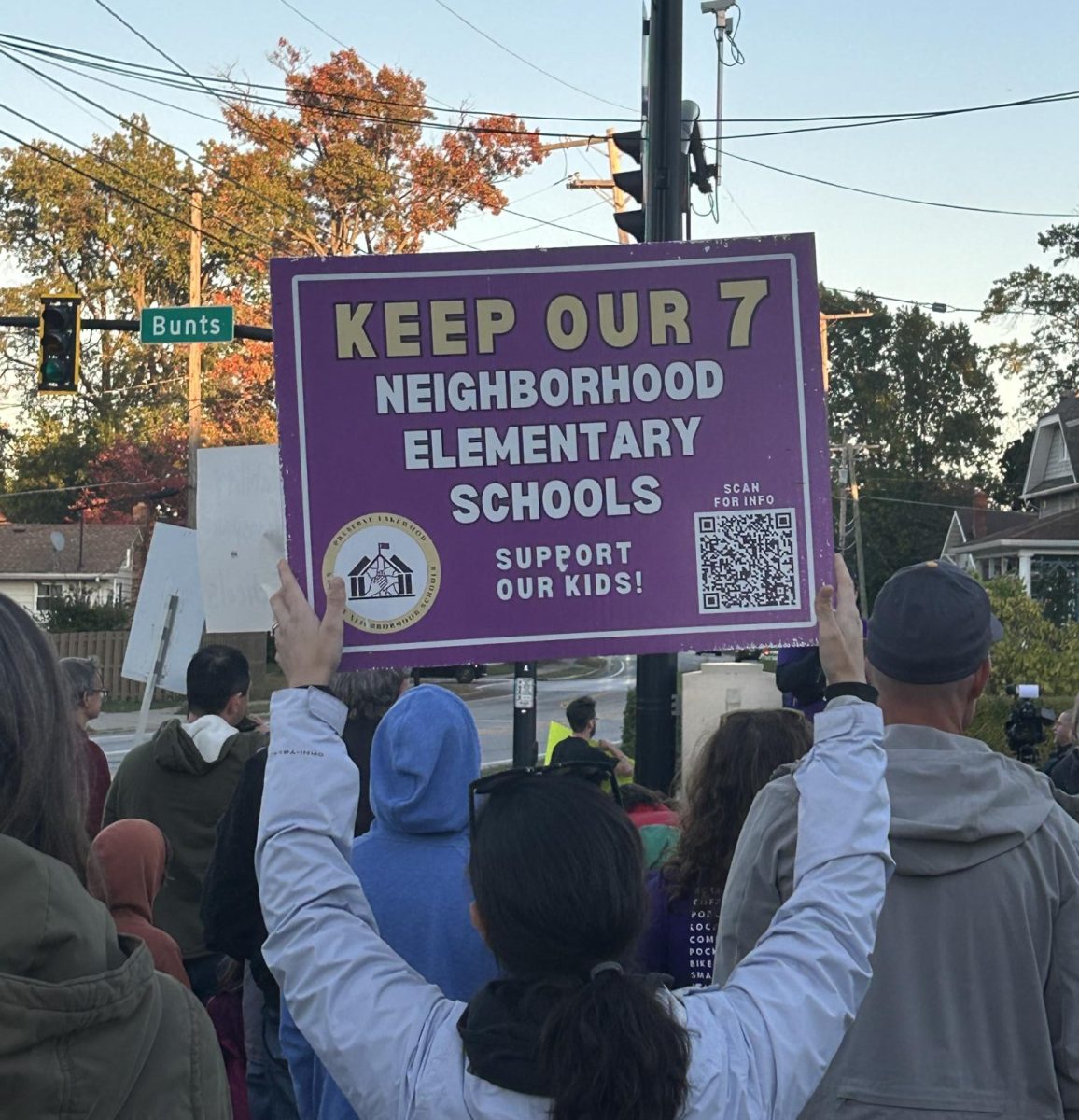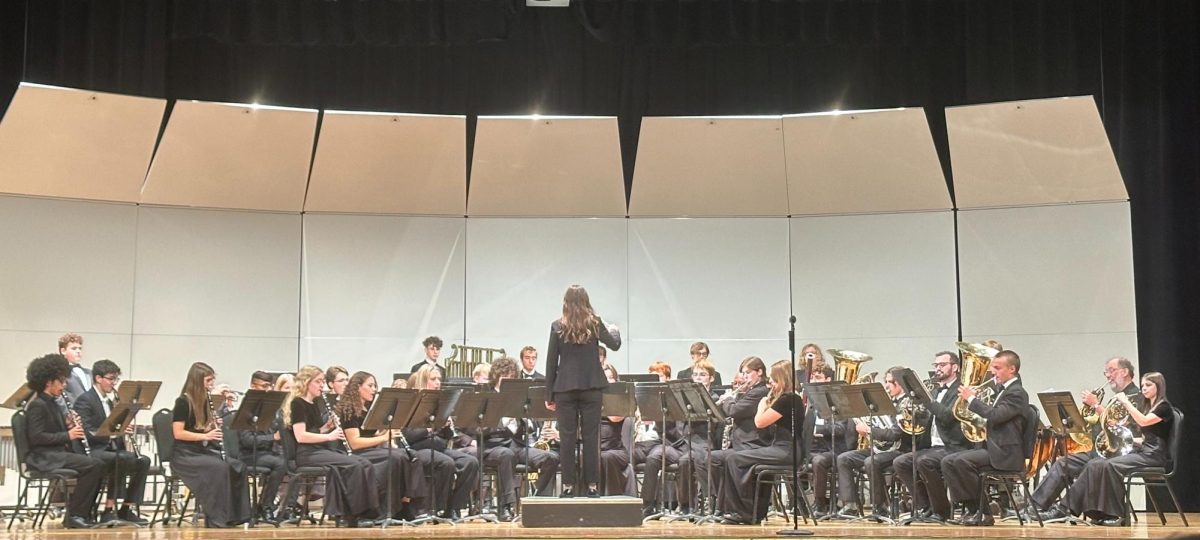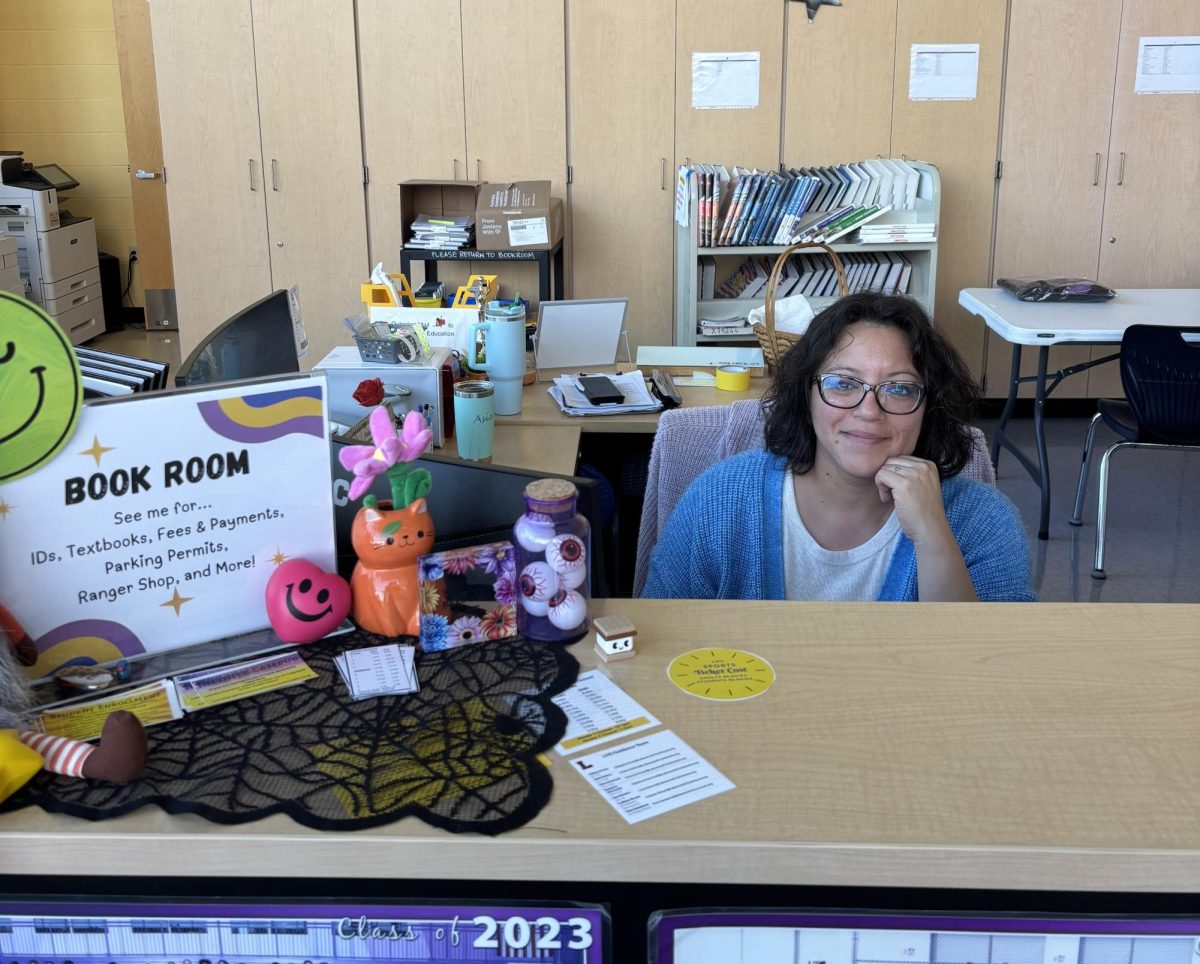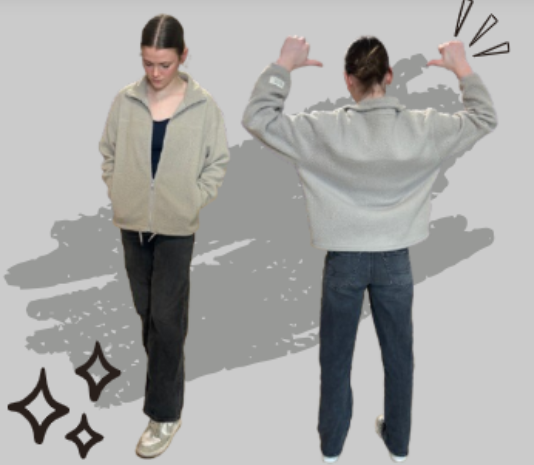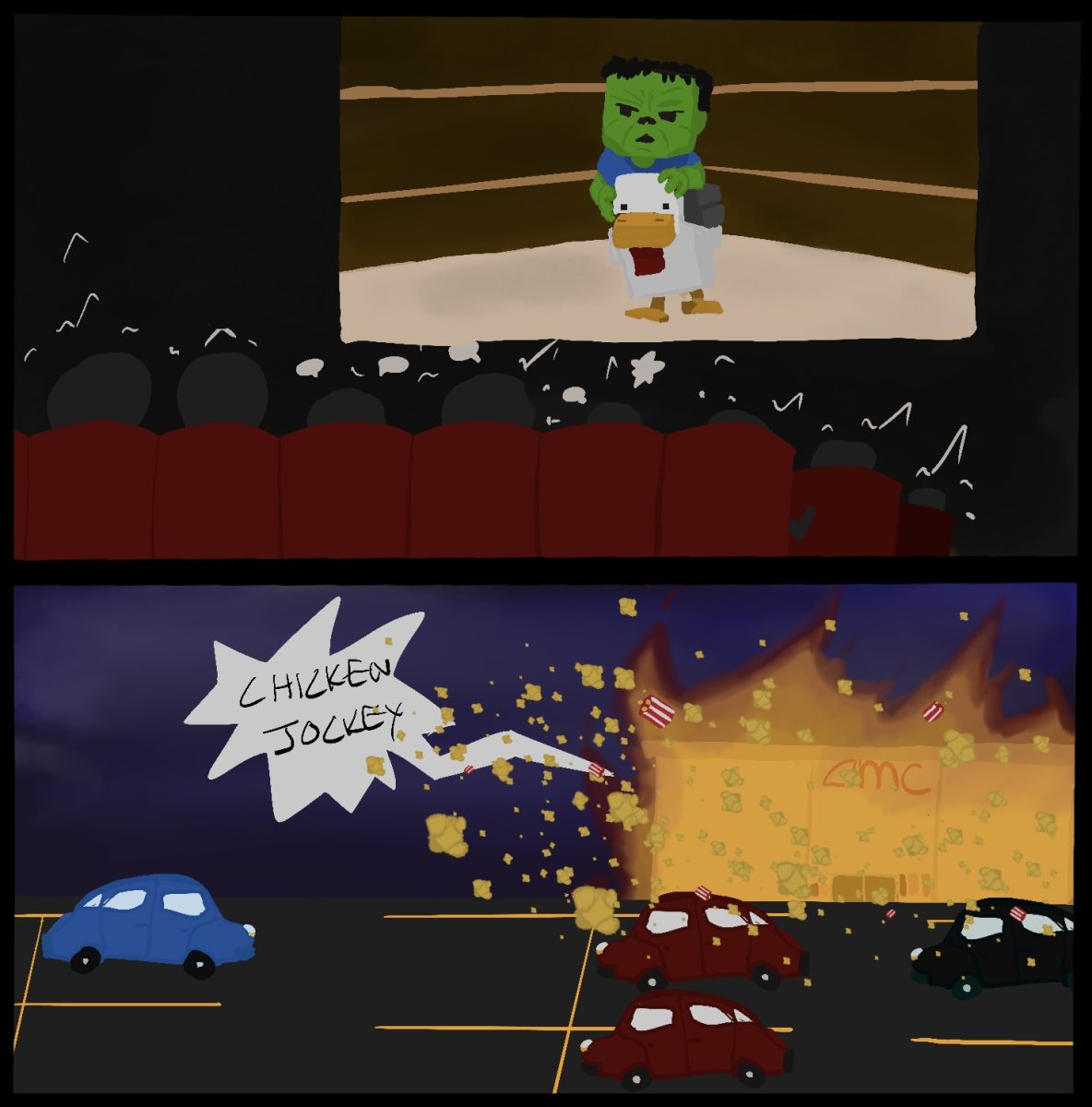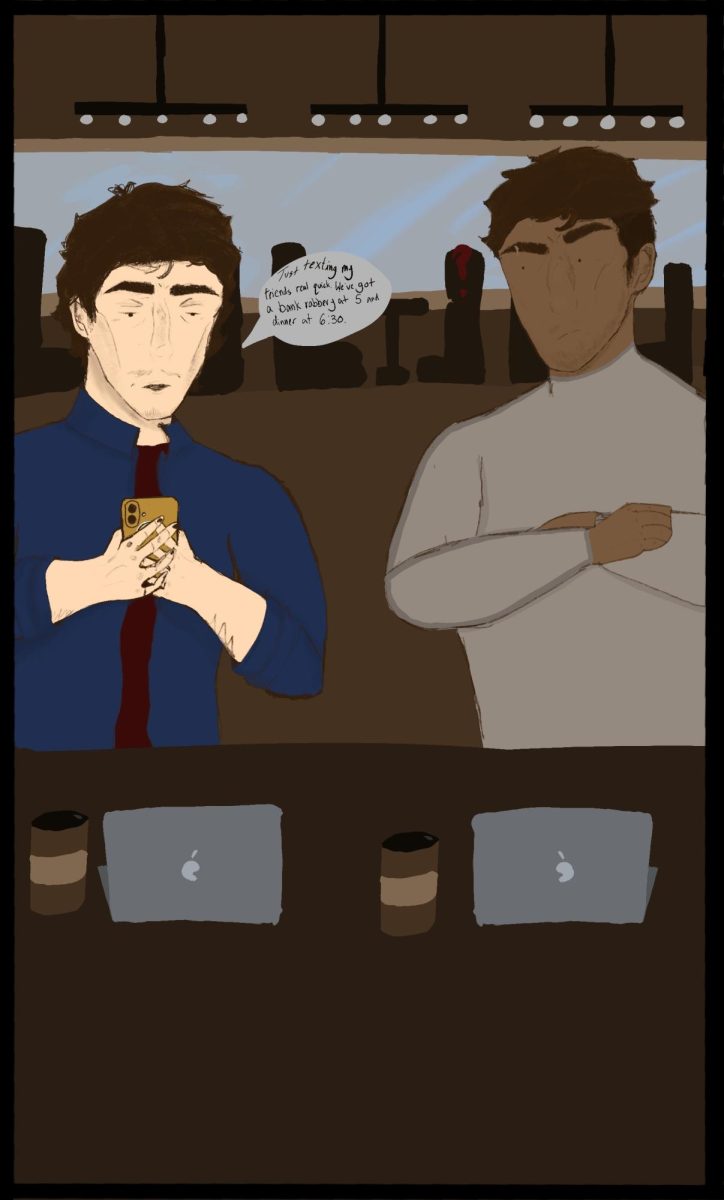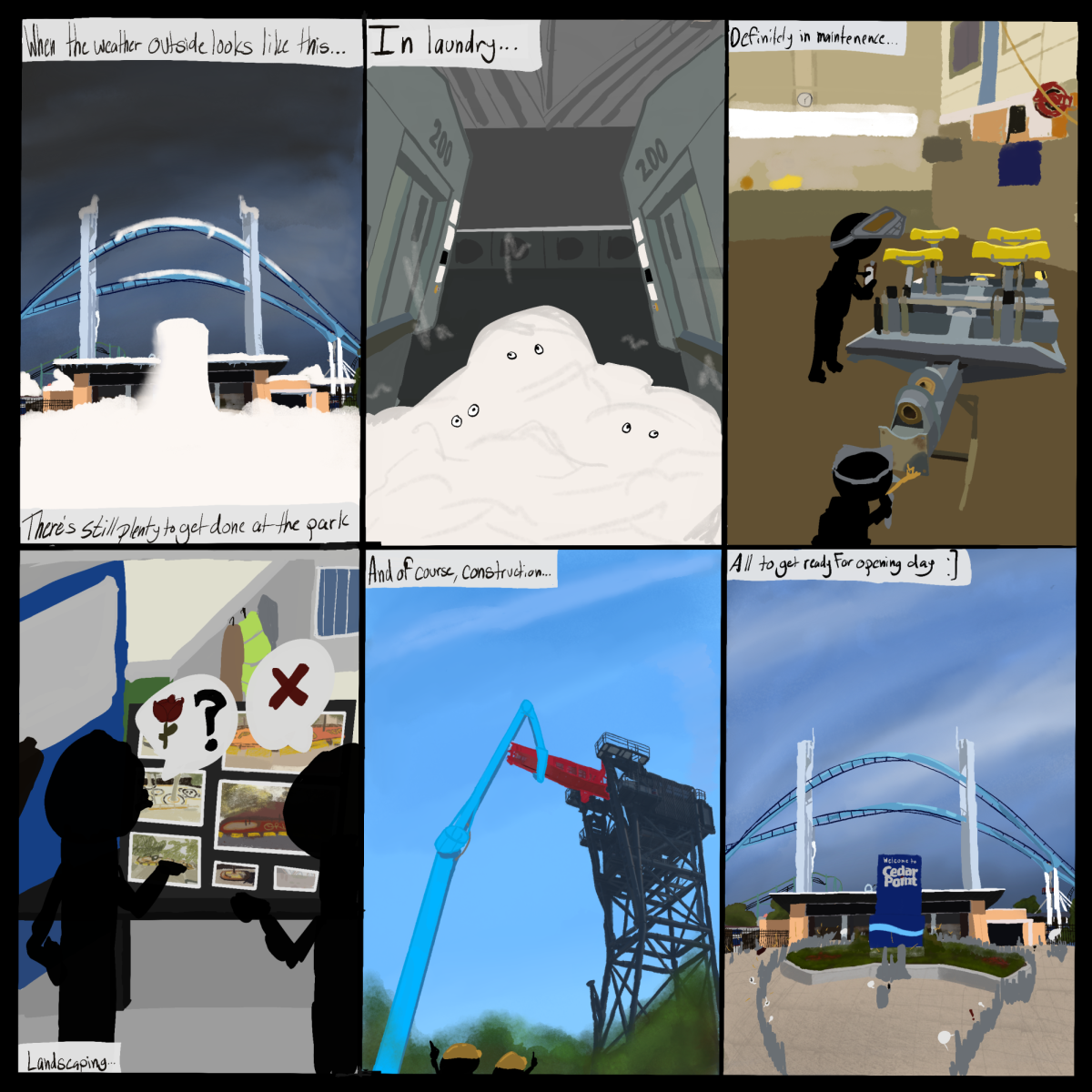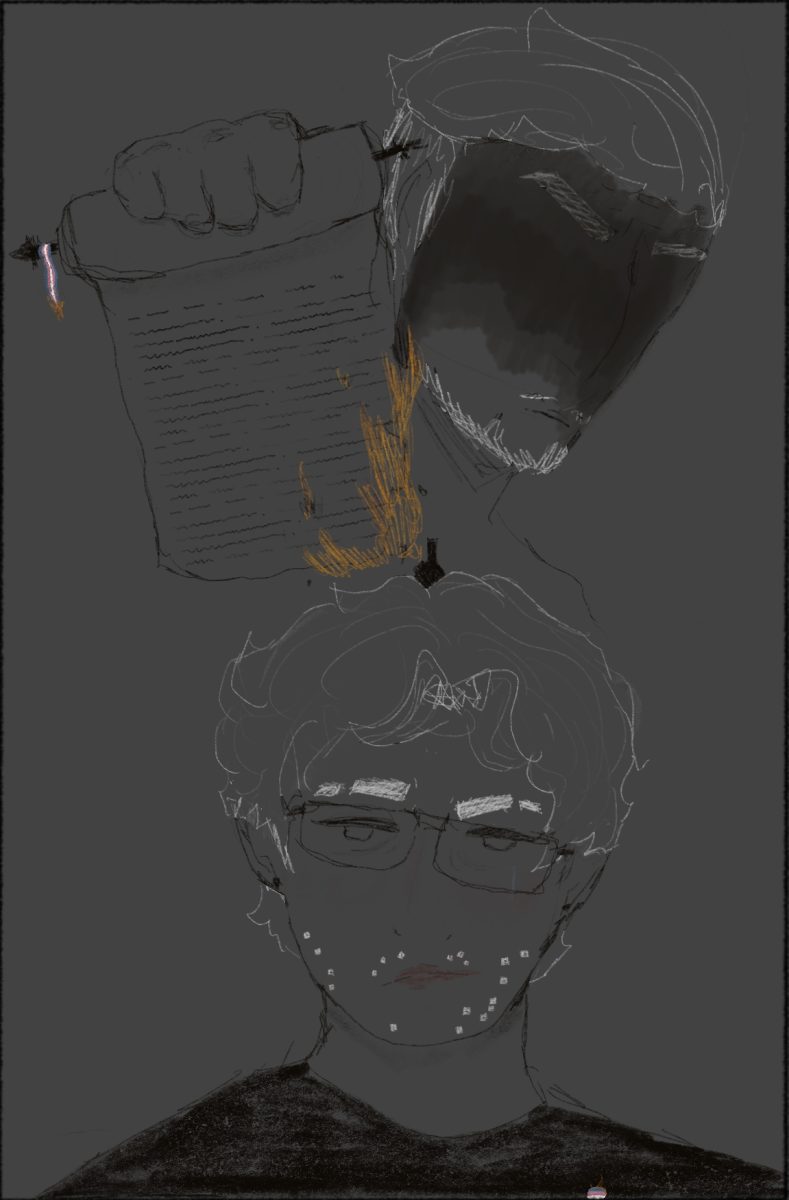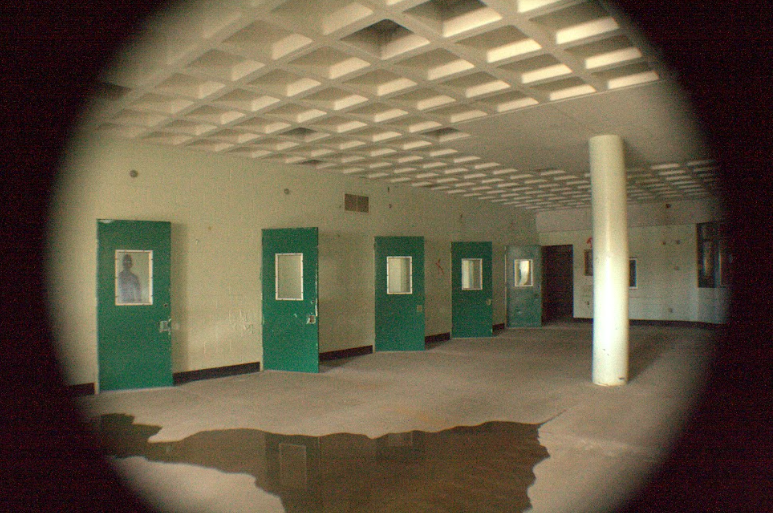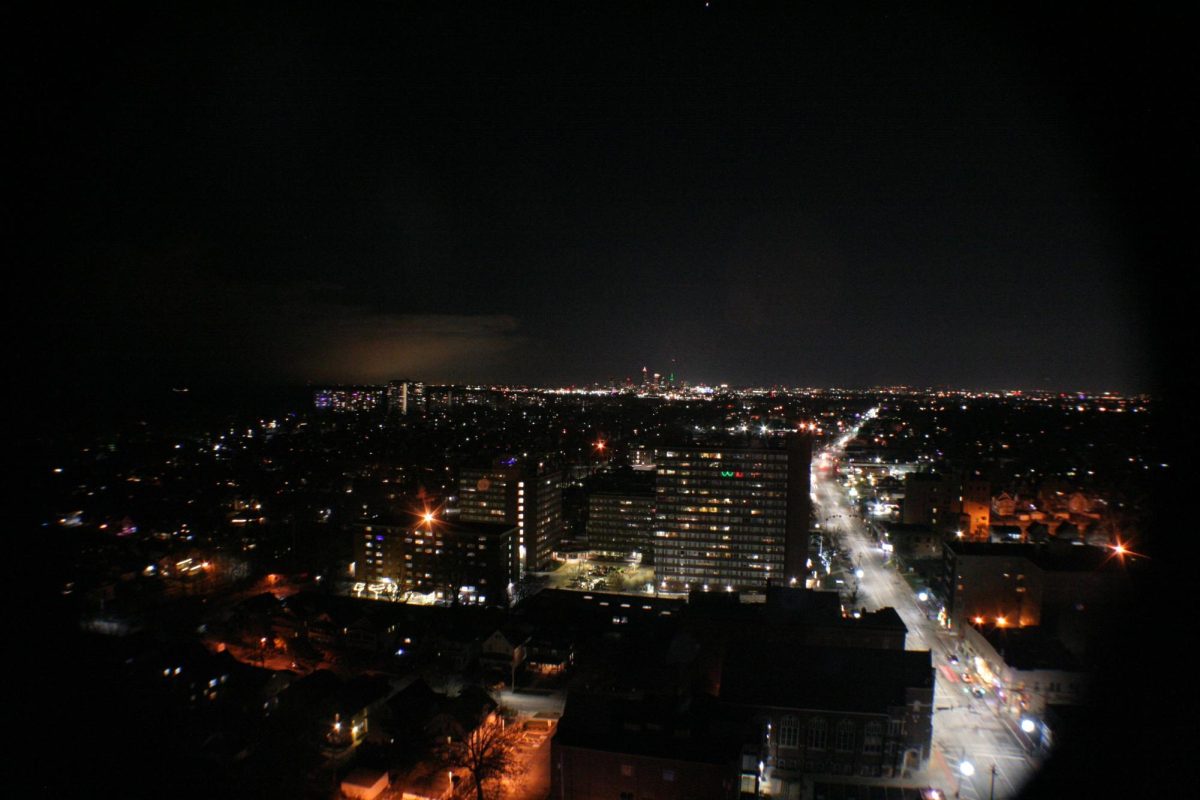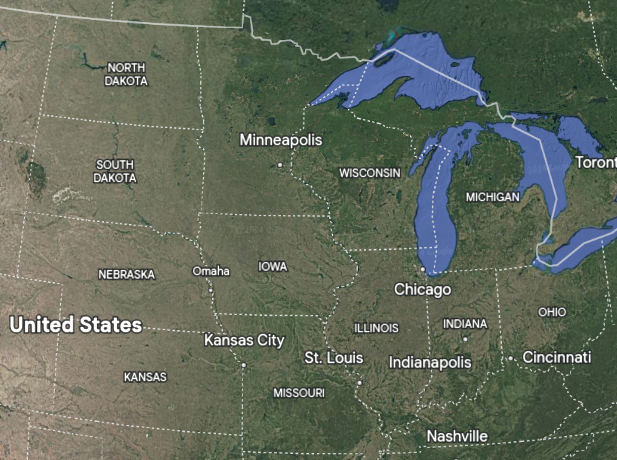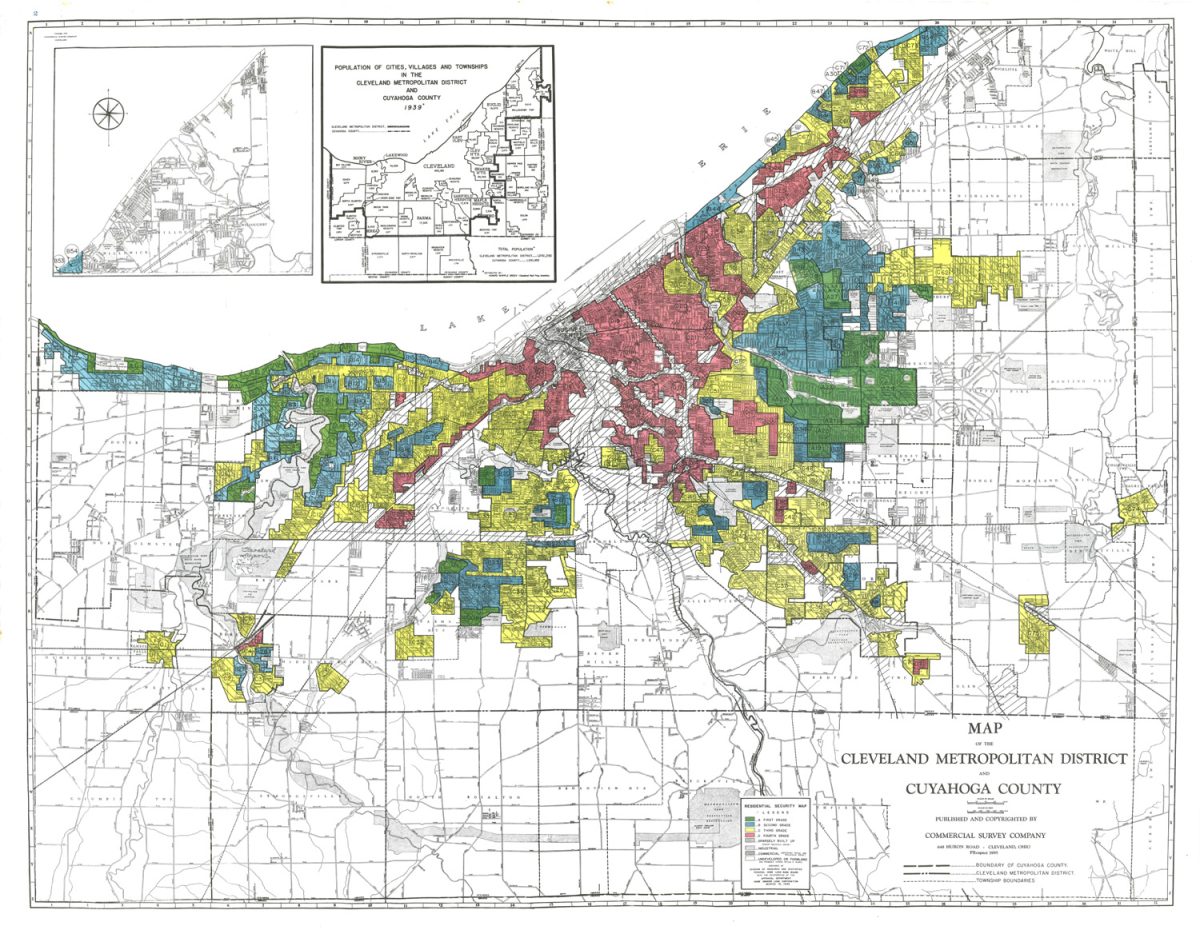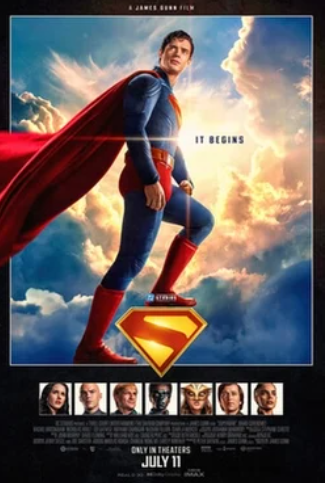A mercenary trained by his father from a young age to kill with ease—this may sound like a premise that wouldn’t lend itself to comedy, but that couldn’t be further from the truth. Peacemaker, a television adaptation of the DC Comics character of the same name, follows Christopher Smith as he readjusts to life after years in prison and numerous traumatic experiences he endured in James Gunn’s 2021 film, The Suicide Squad.
Following Gunn’s Superman film, the next installment in the new DC Universe was the second season of Peacemaker. The season faced several challenges. While recapturing the magic of the first season was difficult enough, it also had to integrate itself into the continuity of the current DC Universe. Although it falls short in its conclusion, the season accomplishes both tasks remarkably well.
Peacemaker Season 2 features Chris and the rest of his team from Season 1, the 11th Street Kids, who should be on top of the world after their victory at the end of the first season. Instead, many characters seem lower than ever. When Chris is feeling the worst about his life, he stumbles upon a portal to an alternate reality inside his father’s old house. At first, this reality seems perfect—everything wrong with Chris’s life in his world is seemingly right in this other world. When Chris accidentally causes the death of his alternate-reality self, he faces a choice: take his place and live out his dreams or return to his world and leave this perfect life behind.
The multiverse isn’t a new concept for audiences, but Peacemaker Season 2 subverts expectations with its use of it. In past superhero projects, the multiverse has been a plot device used to bring back older versions of characters and pack projects with cameos. While Peacemaker still features alternate versions of the main cast, the multiverse is more often used to teach Chris a lesson and pose a psychological dilemma.
The first season of Peacemaker didn’t feature concepts and characters exclusive to the previous DC Universe so heavily that it was impossible to incorporate them into the new universe’s continuity. However, it did include enough of these elements that some adjustments were necessary. Gunn handles this well by opening each episode with a “Previously on” sequence that clarifies changes made to the first season’s events without significantly affecting either season’s plot.
Another challenge was capturing the emotional core of the first season: the characters. The first season made viewers fall in love with Peacemaker, a character audiences initially despised after his debut in The Suicide Squad and with several obscure DC characters. Season 2 deepens the audience’s connection to these characters, exploring aspects not fully developed in the first season.
Chris’s character was thoroughly explored in season 1, but supporting characters like Emilia Harcourt, who was minimally developed initially, receive more focus in season 2. This allows viewers to connect with her more deeply, as she takes on a secondary lead role.
Peacemaker Season 1 was created during a strange time for DC Studios. There was no clear direction for the franchise, which allowed Gunn to do almost anything he wanted with the initial series. After he was named CEO and the universe underwent a soft reboot, it became clear that some of Gunn’s original vision would need to be adjusted for world-building and to set up the next phase of his new DC Universe.
Most issues with the season are evident in the finale. Many storylines are rushed or left unresolved. The season ends on a semi-anticlimactic cliffhanger that sets up plots to be resolved in future DC projects, such as Gunn’s Man of Tomorrow, scheduled for 2027. The finale feels more like a trailer for what’s to come in the DC Universe than a conclusive ending.
Peacemaker Season 2 showcases Gunn’s signature style. Audiences who do not enjoy Gunn’s style of writing will definitely have issues with this season. It feels like an eight-episode, emotionally driven rock-and-roll concert—entertaining but somewhat lacking in its conclusion. The season introduces a fresh approach to multiverse storytelling, offering a compelling arc for Chris and paying off storylines from The Suicide Squad in 2021. Through deeper exploration of supporting characters and inventive multiverse use, Season 2 proves that Peacemaker remains one of the most unique and compelling entries in the superhero genre, even as it transitions into the new DC Universe.

